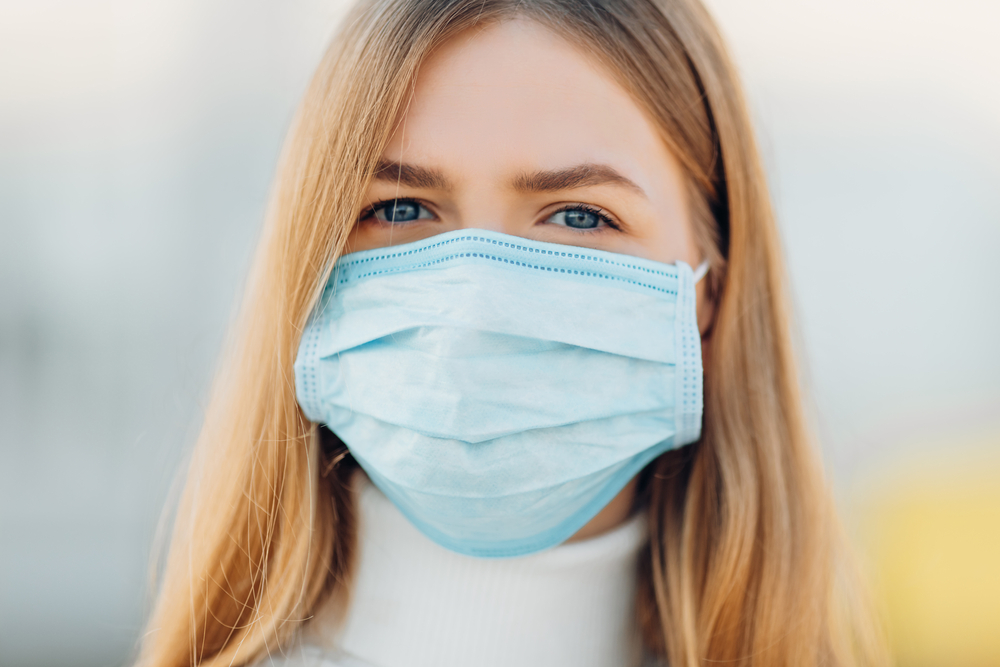
7. Face masks protect against coronavirus
One thing is for sure, a disposable mask is unlikely to provide protection. Health care workers use professional masks which fit tightly around the face, to protect them against infection.
These disposable masks do not fit neatly against the face, which permits the droplets to enter the mouth and nose. Additionally, there are some viral particles so tiny, they can penetrate directly through the material.
However, wearing a disposable mask can be good if someone has a respiratory illness, because it helps in protecting others from getting infected with the virus.
“There is very little evidence that wearing such masks protects the wearer from infection,” Dr. Ben Killingley, Consultant in Acute Medicine and Infectious Diseases at University College London Hospital in the U.K., explains.
“Furthermore, wearing masks can give a false sense of reassurance and might lead to other infection control practices being ignored, e.g., hand hygiene.”
Also, it is recommended that the people who are taking care of someone suspected with COVID-19 should be wearing a mask. In these cases, wearing the mask can be effective, but only if the person regularly washes their hands with alcohol-based products and lots of water.
Additionally, when wearing a mask, it is very important to use it and dispose of it properly.
8. Hand dryers kill coronavirus
False, false, false. Hand dryers cannot kill coronavirus. The best way to protect yourself from the virus is to regularly wash your hands with soap and water, or an alcohol-based product.
9. SARS-CoV-2 is just a mutated form of the common cold
Coronaviruses are a large family of viruses, which have spiky proteins on their surface. Some of these viruses use humans as their primary host, causing the common cold. Other types of coronaviruses, like SARS-CoV-2, primarily infect animals.
Both Middle East respiratory syndrome (MERS) and severe acute respiratory syndrome (SARS) first appeared in animals and then passed into humans.











































